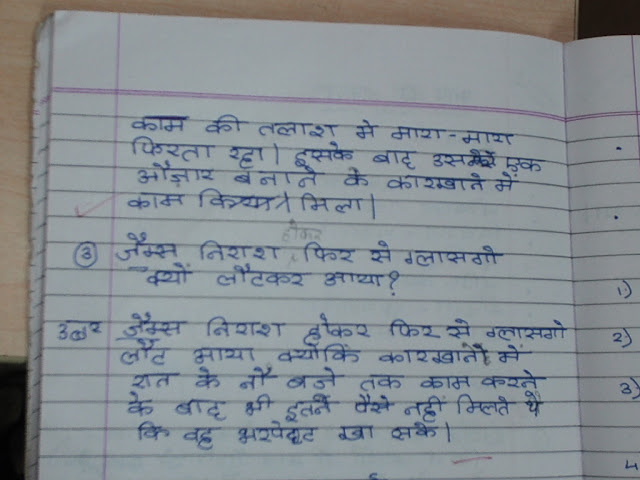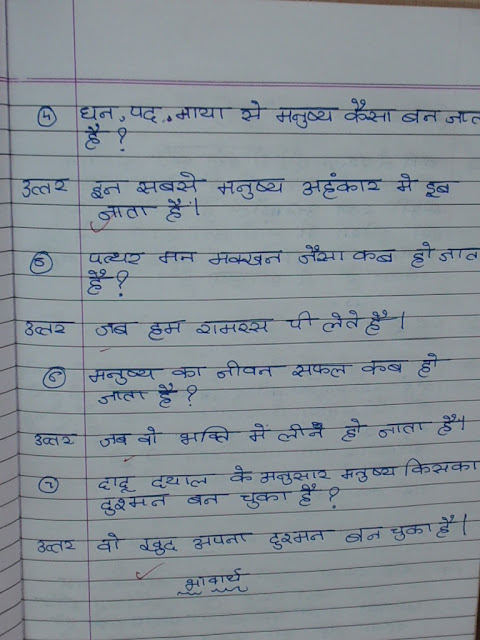During a terrible storm a family is abandoned on a ship by the fleeing crew. In
the morning when the storm clears, they give thanks to God for their survival
and the proximity of land. They collect anything they can use from the ship,
build a raft and head for land, where they hunt for food and make a tent out of
the ship's sails.
In the following days, the family hunts, explore, acquire a baby monkey as a
pet and are attacked by jackals. The narrator and the eldest son, Fritz return to
the boat to collect whatever else useful they can still salvage, including the
farm animals that were on board. In their absence, Elisabeth and the younger
children have explored further and found an ideal place for a tree house for
them.
Why did the narrator send the two eldest boys to the sea shore?
(to choose pieces of wood for the steps of the ladder for the giant tree
house)
What happened when Flora threw herself into the bushes?
(a troop of flamingos mounted into the air)
Who fired at the birds? (Fritz)
How did the narrator react? (The narrator nursed the injured bird.)
How did the narrator make the steps?
(by securing them with ropes on either side and using pieces of cane to
mount)
Why was the end of the ladder loosened?
(so that the narrator was able to draw it up during the night)
How did the narrator feel on reaching the house?
(He felt like they were in a castle, in which, when the draw bridge is raised,
the occupants secured from every attack of the enemy.)
What idea did the narrator come up with, the next morning?
(He decided that they should not take the regular road to the seashore but
try to explore another way.)
the morning when the storm clears, they give thanks to God for their survival
and the proximity of land. They collect anything they can use from the ship,
build a raft and head for land, where they hunt for food and make a tent out of
the ship's sails.
In the following days, the family hunts, explore, acquire a baby monkey as a
pet and are attacked by jackals. The narrator and the eldest son, Fritz return to
the boat to collect whatever else useful they can still salvage, including the
farm animals that were on board. In their absence, Elisabeth and the younger
children have explored further and found an ideal place for a tree house for
them.
Why did the narrator send the two eldest boys to the sea shore?
(to choose pieces of wood for the steps of the ladder for the giant tree
house)
What happened when Flora threw herself into the bushes?
(a troop of flamingos mounted into the air)
Who fired at the birds? (Fritz)
How did the narrator react? (The narrator nursed the injured bird.)
How did the narrator make the steps?
(by securing them with ropes on either side and using pieces of cane to
mount)
Why was the end of the ladder loosened?
(so that the narrator was able to draw it up during the night)
How did the narrator feel on reaching the house?
(He felt like they were in a castle, in which, when the draw bridge is raised,
the occupants secured from every attack of the enemy.)
What idea did the narrator come up with, the next morning?
(He decided that they should not take the regular road to the seashore but
try to explore another way.)















































